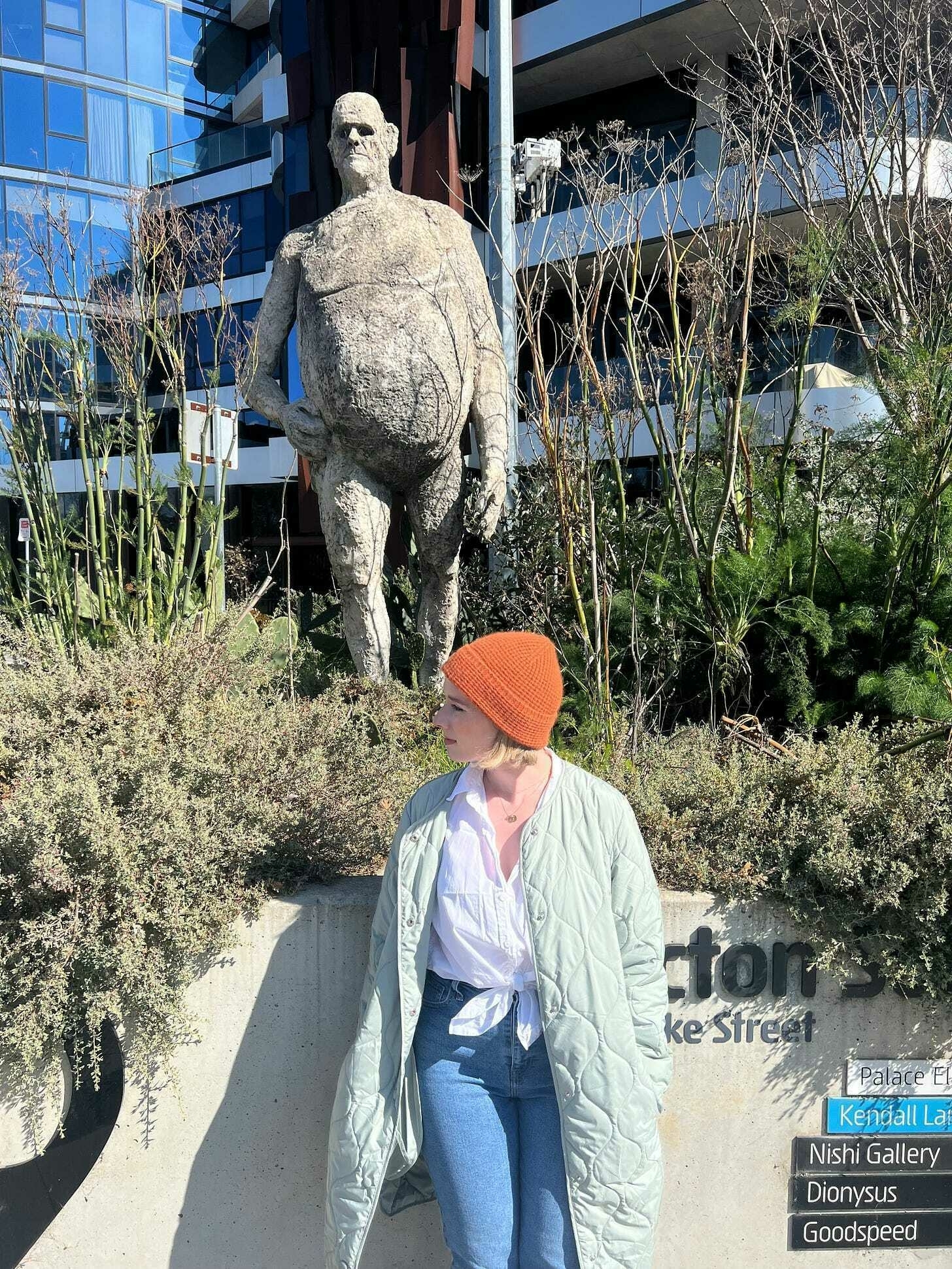Philosophy and friendship
Laura Kennedy writes about loneliness in a post that documents her experiences moving from Ireland to London, and then on to Australia. What I’m interested in, though, is the turn of phrase when she states: “A philosopher quite literally wouldn’t know a friend for sure if they were standing in front of us recreating the love declaration scene from Love Actually.”
I’ve always been a bit hesitant about calling someone a ‘friend’ although I’m getting better at it in my middle-age. I think this is perhaps, as I’ve mentioned before, I’ve perhaps had too high a bar in mind. Nothing I experience is likely to hit the heights of Montaigne’s relationship with Étienne de La Boétie, for example.

In 2018, after first moving to London and a few months into my new life, I was struggling to figure out how I fit into it. I wrote an article in The Irish Times about not having many friends and not being sure what to do about it, or whether it even constituted a problem. Come to think of it, I wasn’t entirely sure what constituted a ‘friend’ at all. I’m still unsure. Yes – I know. This, again, is why everyone hates philosophers. These sorts of questions are appealing only to a very narrow pool of potential future friends. A philosopher quite literally wouldn’t know a friend for sure if they were standing in front of us recreating the love declaration scene from Love Actually. I’ve taken creative licence there. Nobody has ever declared undying forbidden romantic love for a philosopher. Conceivably Spinoza, but apart from him (and perhaps Kierkegaard and de Beauvoir. Frantz Fanon. Max Stirner maybe? It’s the glasses), there really isn’t a looker in the bunch.Source: On Loneliness | Peak Notions